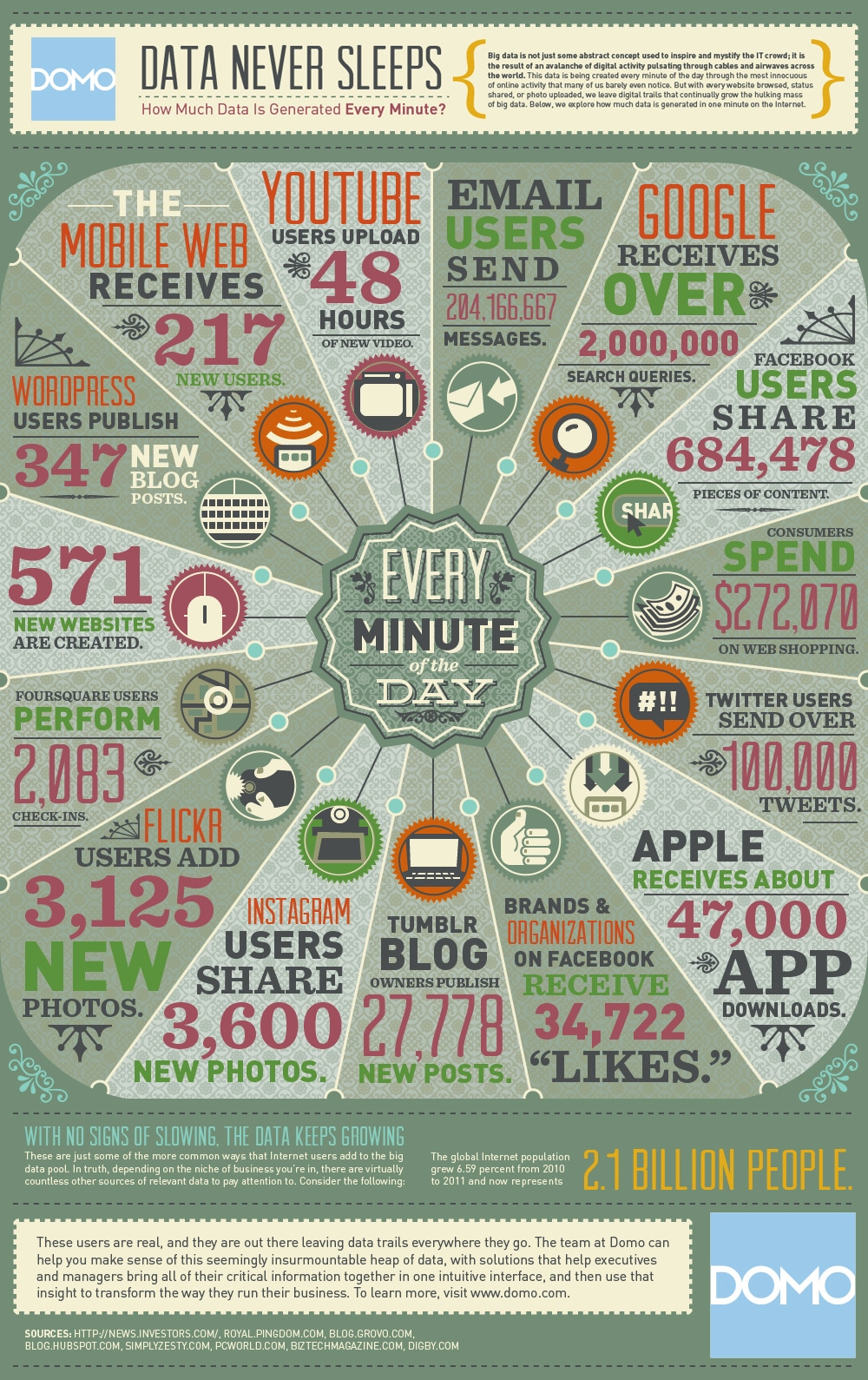Planning longterm strategies for organizations is becoming increasingly difficult in the current environment of economic instability, ever-changing technology and resource deficiency. But the very roadblocks I mention above pave the path for a future where collaborative solutions using “crowd” contributions will reign most resilient.
There are some key factors that will propel the crowd economy in our immediate future-
The Internet of Things
The Internet of the masses is only 22 years old, but it has changed the way we access information, buy goods, share stories and certainly how we work. By 2020, internet users are set to double to 4 billion worldwide. It is also going mobile with Asia leading wireless subscribers. Over the last decade it has become more of a two-way street with users “uploading” content more than “downloading” from it. Most importantly, the Internet is not just connecting computers and mobile devices, it is connecting “things” – sensors, data and information.
Creators are Everywhere
The extensive use of mobile Internet and the “uploading” generation has provided nearly 2 billion people with the tools to create something unique. Every person with a mobile phone or computer can be a standalone media entity. The amount of data shared today is evidence to this culture
(see infographic). This potential cannot be ignored, rather, it must be harnessed for problem solving.
Co-creation is Driving Innovation
The current and future state of Internet is about
co-creation and collaboration. This is riding on the prevalence of the internet and the empowerment of users worldwide.
PwC reports that even in a traditionally one-directional industry like automobiles, co-creation is driving Innovation, collaboration and customers into car dealerships.
The report adds,
“Historically, dealers have had challenges retaining customers who require service and repair work after the vehicle warranty period. Through co-creation methods, there are opportunities to build connectivity with dealers and after-sales providers. For example, when tire pressure is low, or an oil change is needed, the car would not only alert the driver, but also the dealer. The dealer can then reach out to the customer.
In addition, co-creation methods are being used internally to build relationships within the organization. Companies are implementing interactive engagement platforms to collaborate and receive feedback from their employees. Companies are not only asking for feedback, but implementing their ideas, which in turn, contributes to increased employee morale and fosters an innovative culture throughout the organization.”
Similarly, consumption has become more than buying a product. Users want a more continued association with brands and choose brands for their attitudes. So it becomes very important for companies to work with their internal and external stakeholders, while adopting co-creation strategies.
Decision-makers across the board, can apply the above scenarios to their organizations whether it is a government agency, brand or a non profit. They need to pay attention to these changes coming into the
fabric of human interactions and harness them to stay relevant and effective.






0 Comments